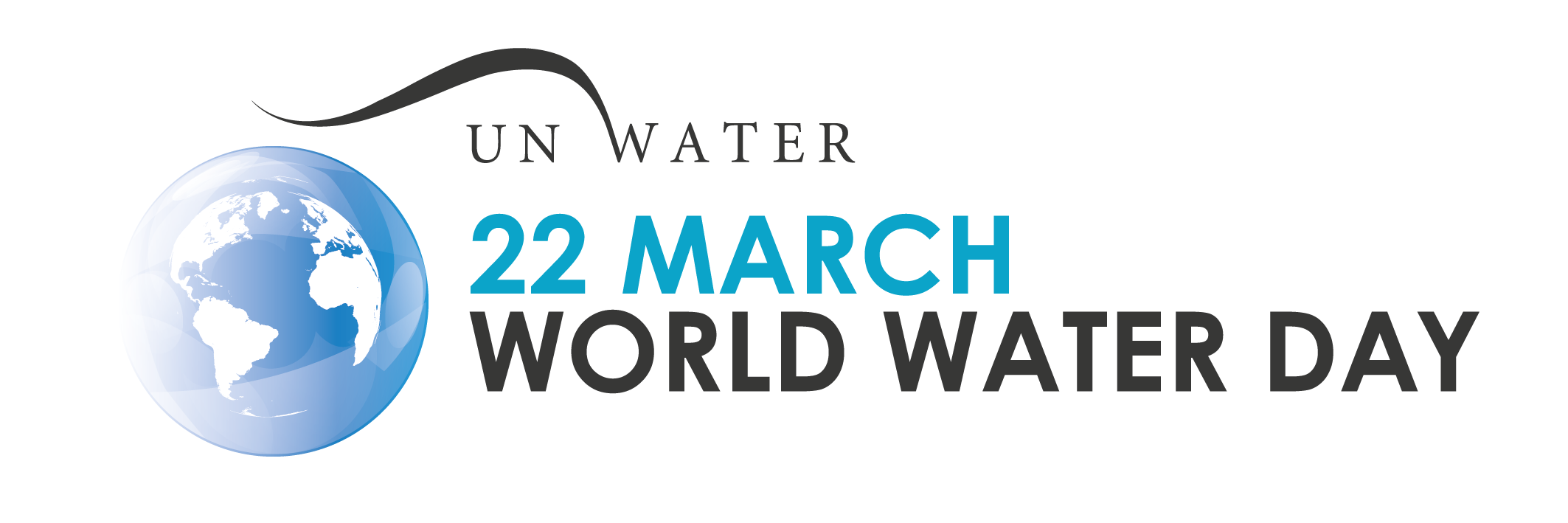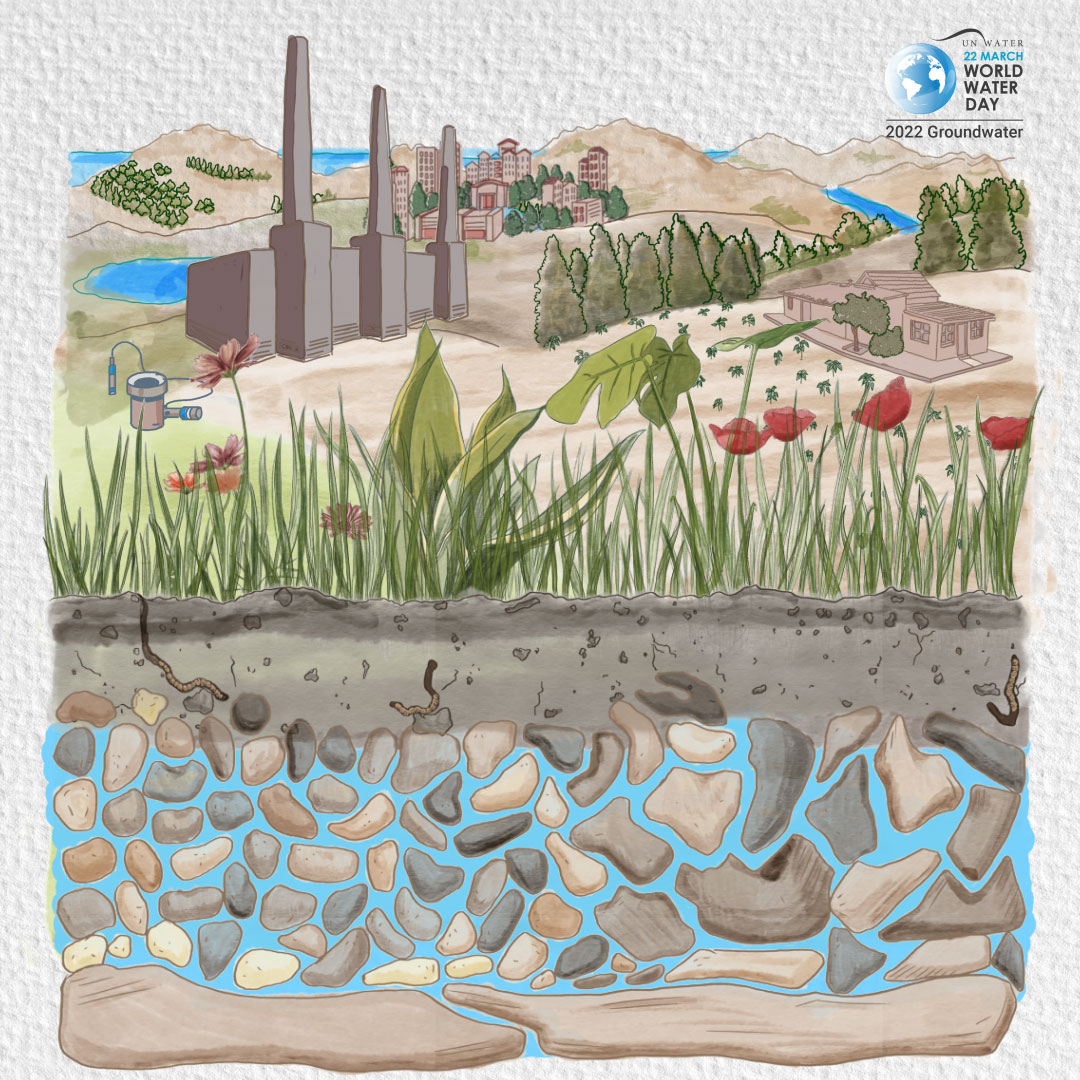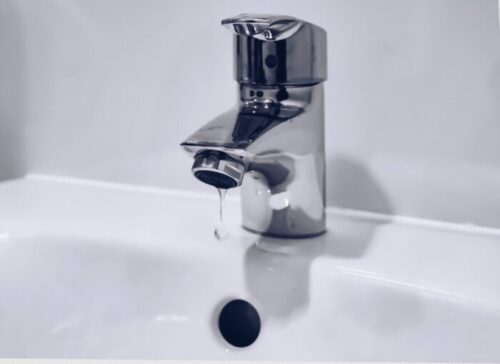Celebrated on the 22nd of March each year, the United Nation’s World Water Day promotes awareness of water accessibility in areas with limited access to fresh, clean water. Since 1993, the UN has created a variety of campaigns for the cause. As the date grows nearer, we are once again reminded of why water scarcity still remains a notable issue in the 21st century, and why access to water is a fundamental human right.

How did it start?
The first world water day started at a UN conference in Rio de Janeiro in 1992, wherein a proposal was announced. Agenda 21 acted as a course of action for sustainable development, which effectively kickstarted the observation of water the following year. Now, every March we celebrate the UN’s efforts to implement efficient water supplies and their reforms to improve sanitation – and the lives of billions.
Each report that is released by UNESCO on the day, outlines the management and use of freshwater, hygiene, and sanitation in UN states. Still wondering why the occasion is so significant? Well, read on to find out more!
Making the invisible visible.
The focal point of each World Water Day remains consistent: ensuring water security across all nations. However, the theme changes every year, with 2022 being marked as ‘Groundwater: making the invisible visible’. It’s no surprise that groundwater is being highlighted this year, as it’s enriching our lives while thriving under our feet. But what exactly is it?
The term groundwater simply refers to water found in rocks, sand, and soil underground, also known as aquifers. It can be extracted through pumps and wells. An article by D. Barcelo states that ‘groundwater constitutes about 30% of the world’s freshwater resources.’
While we may not be able to see it, the water source is vital in industrial production, agriculture, and replenishing wetlands and other bodies of water. In fact, according to groundwater.org, 64% of groundwater is used for irrigation, which aids in the production of crops. Without this important water source, a variety of things can be affected, such the economy, food production and the livelihoods of millions across the planet. Which is exactly why the UN is dedicated to achieving universal access to clean water for all by 2030 in order to meet the needs of an ever-growing population.
 Ground water: out of sight but not out of mind.
Ground water: out of sight but not out of mind.
Why is water awareness important?
There is no denying that water is, one of the most essential elements of our existence. So there is obviously an urgency in preserving groundwater and preventing further water poverty issues. As stated above, socio-economic factors can drastically be affected by an insufficient supply of freshwater, perhaps by a increase of sanitation issues, disease, and poverty. With an ongoing increase in global warming, floods and droughts have consistently proved to be an issue that severely affects the global population. It is important to note that ‘the percentage of the global population at risk from flooding has risen by almost a quarter since the year 2000’, as stated by the BBC. In order to achieve water security, global warming needs to be tackled and water systems need to be protected to ensure a healthy, functioning planet.
Water insufficiency, which now affects about 1.5 billion individuals across the globe according to The Guardian, also plays a crucial role in sanitation and hygiene. In a report by UNICEF and WHO, it is stated that an ‘estimated 1 in 10 people (785 million) still lack basic services [clean drinking water and sanitation], including the 144 million who drink untreated surface water’. This exposure to harmful bacteria can subsequently lead to illnesses like cholera, dysentery, and E. coli.
Now we know why it’s important, what can we do to help?
While it may feel like we can do very little to help, there are a number of ways that you can contribute to the cause. For example, the world water day website features multiple ways the public can raise awareness of water scarcity issues, like downloading fact sheets, posters, and branded images which can be placed on t-shirts. The site also features factual pages on the event, if you want to learn more about world water day. The hashtag ‘#worldwaterday’ can also be used to promote understanding of the event on social media platforms.
In addition, organisations that work in tandem with the UN- such as UNICEF, WMO and UNESCO– to achieve water security and improved sanitation, offer detailed resources and ways to get people involved.
Another way you can all get involved is by participating in water conservation. How do you do that? Well, perhaps you could install a water-saving toilet flush system or take shorter showers- not only will you be saving money and reducing your carbon footprint, but every little thing we do to save water will lead to a better planet. So, make sure to turn off those taps when it’s not necessary!

The End is Near
Despite the future becoming more uncertain day by day, we can all hope for a better world. One where everyone has access to safe clean water sources. The UN is already taking action to solve the global water crisis. As of 2018, they have aimed to expand sustainable development, strengthen implementation of existing projects, and mobilize action to achieve the 2030 agenda. These actions hope to achieve better international cooperation in science and research into sustainability. To encourage funding, technological advancements, and support for developing countries. All of which will culminate in the end of water poverty…finally!

Mv says:
nice work!!! very concise and informative.